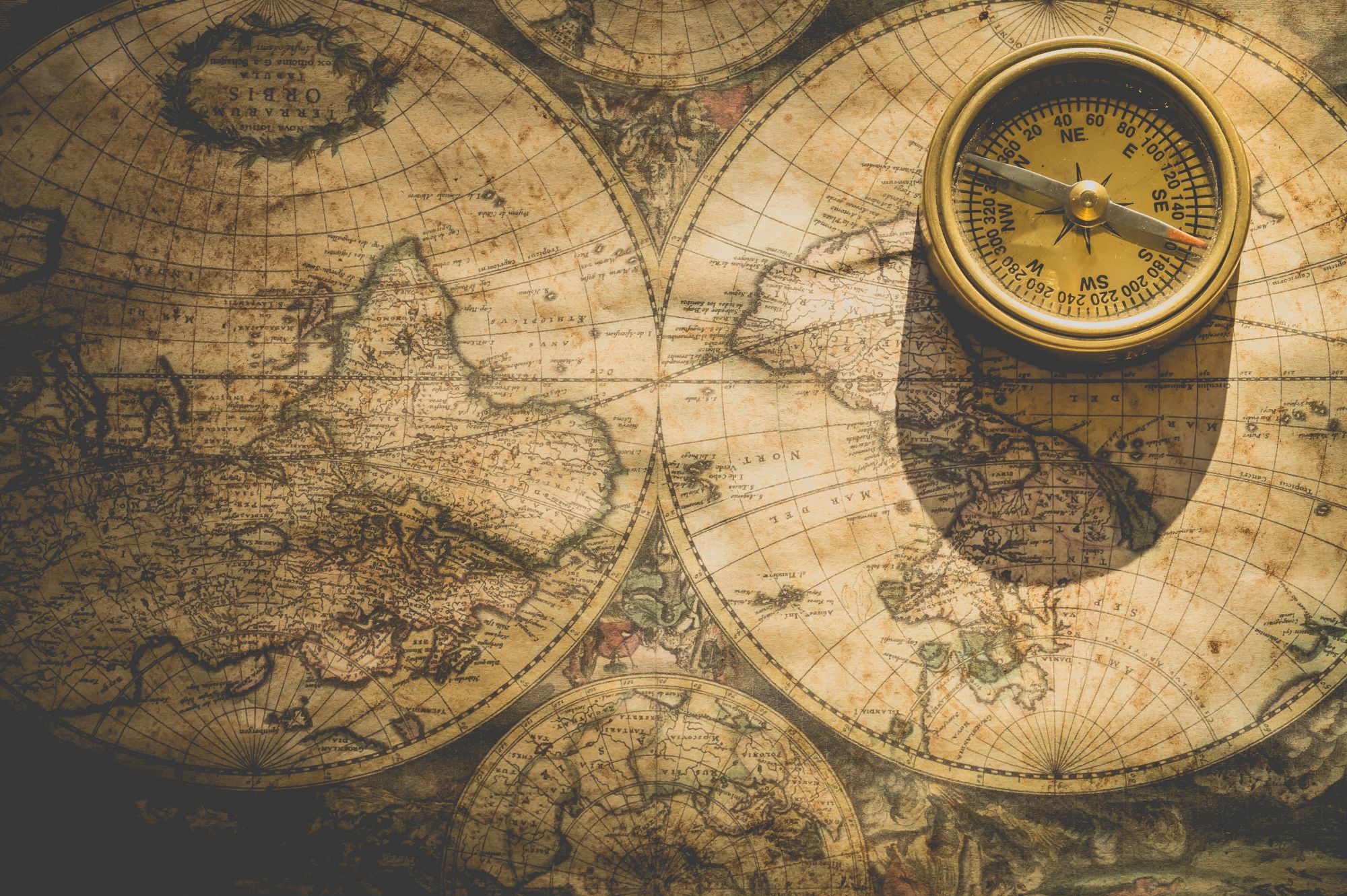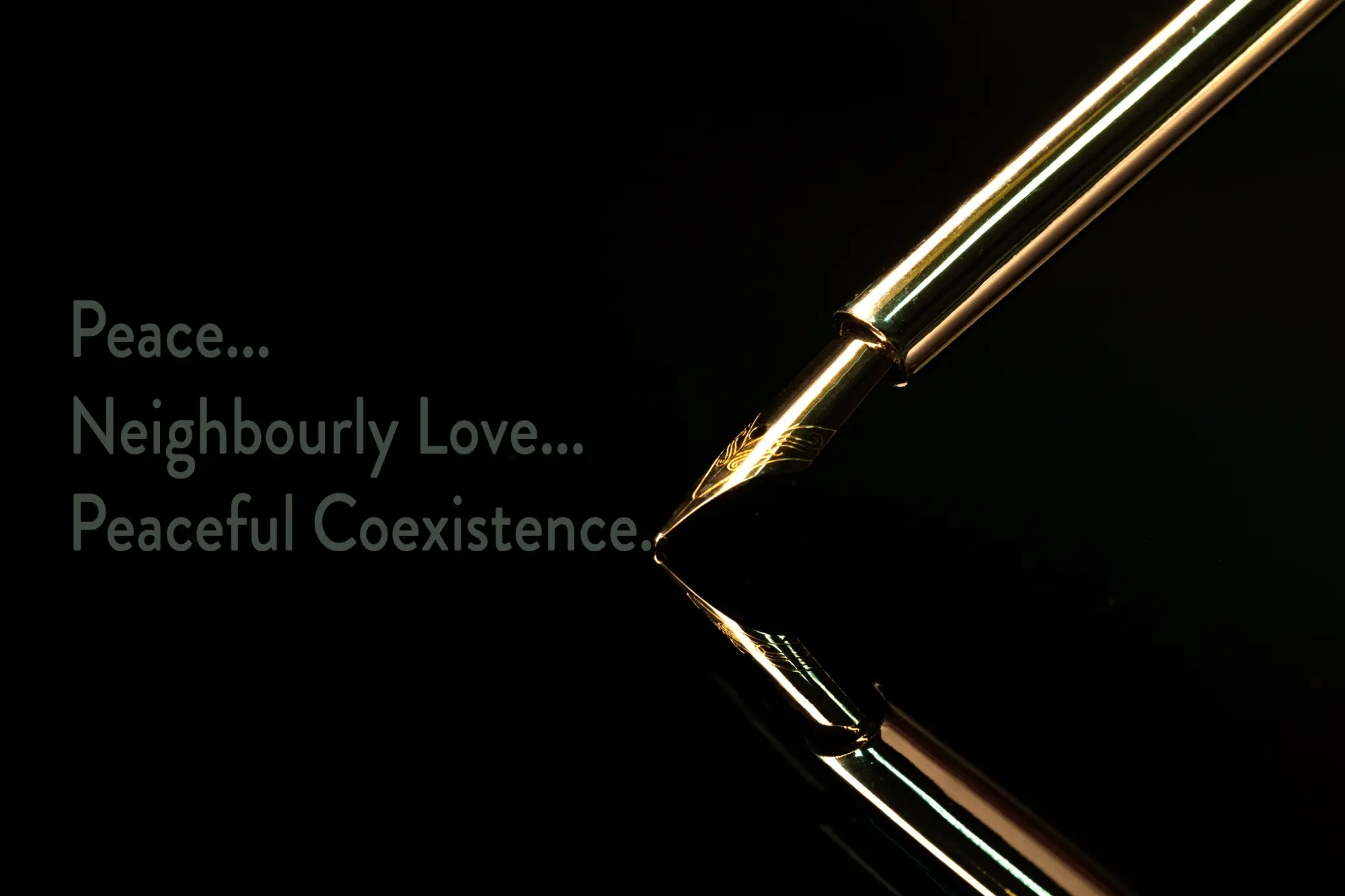
Diplomacy needs among other things these very basic skills: The ability to look beyond images, propaganda and popular opinion.
Politics of peace need them too.
The Western world in my eyes is blinded in their view of the world, politics and negotiations by something almost amounting to idealism:
It‘s about money, in any shape or form, we are about it – and everyone else is too.
This is perhaps the most tragic misconception that will endanger peace in all parts of the world again and again:
Indeed certain factions of the Christian religions in the backwater of the rise of civil society around the 13th / 14th centuries claimed, in principle:
Wealth is the sign of God‘s pleasure.
Ever since an ever larger part of the world – especially rooted in the beginnings of the US society with the first actual settlers on the Mayflower representing that idea – are exactly of that frame of mind:
Be wealthy and God is with you.
Most Eastern societies from Africa, over Russia all through Asia in one way or another – in principle that is – value the community and the dignity of the individual even more.
Dignity!
I have spent most of my adult life around all manner of extremely peaceful, knowledgeable and kind people from the Near, Middle and Far East.
I have studied Persian poems and literature and have met other people from around the globe.
I have had the privilege to call books my friends in childhood and adolescence and still do. I studied languages and culture at a prestigious university and earned my M.A. degree there.
The most tragic misunderstanding between the Western world – leaning towards Adam Smith‘s ideas of economy – and the Eastern world – leaning towards trade among dignified, respected and proud tradespeople is that:
Dignity
The European literature of certain times and people as well as later stereotypes about life in the Eastern world – or the ways and means of trade and politics – is practically steeped in this painful repetitive almost ridiculous contempt:
If you know about their ‚purse‘, you know about their interests. Anyone with a contempt for money is stupid.
This is not the real driving force of mankind: Indeed, wealth was always craved, if people had gone hungry or even starved; but dignity and respect in combination with extreme poverty can be thought of in the East – not so in the West.
In the Western world, respect and the consequential dignity of a person – or a nation – are closely related, if not tightly interwoven with their monetary means.
In most parts of the Eastern world this is not the case. Dignity is a fundamental possibility that can be envisioned easily with little or no money.
Among nations dignity is crucial. Treat them with respect, dignity and regard, let them safe face.
And remember this fine part of the Christian bible that actually was originally written in that Eastern culture:
And the King shall answer and say unto them, Verily I say unto you, Inasmuch as ye have done it unto one of the least of these my brethren, ye have done it unto me.
(Matthew, 25:40)
Author’s Note (April 2022):
In view of the latest developments I’d like to enlarge on this, make it clearer yet. The question after motives and real reasons is not always easy to answer. But if we are really interested in successful negotiations we need to do that. Not always is the answer to ‘cui bono’? : ‘money only’ as stated above.
Usually the attributes associated with money, or more money are actually much more important:
Respect, attention and power in certain circles.
Bluntly put: If it was about taking the Ukraine, they would have taken it long ago.
The question “cui bono” needs to be researched and answered in all directions of cause or effect or impact. Basic human motivators.
